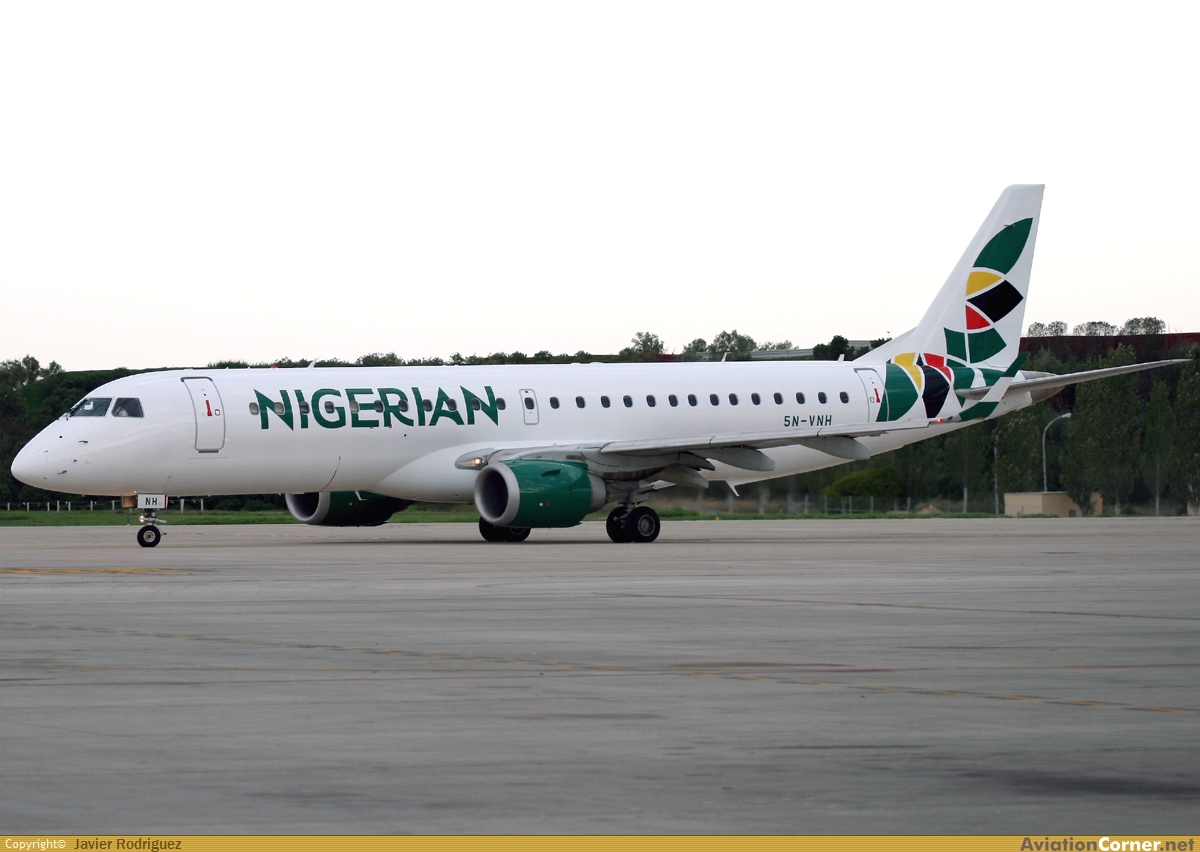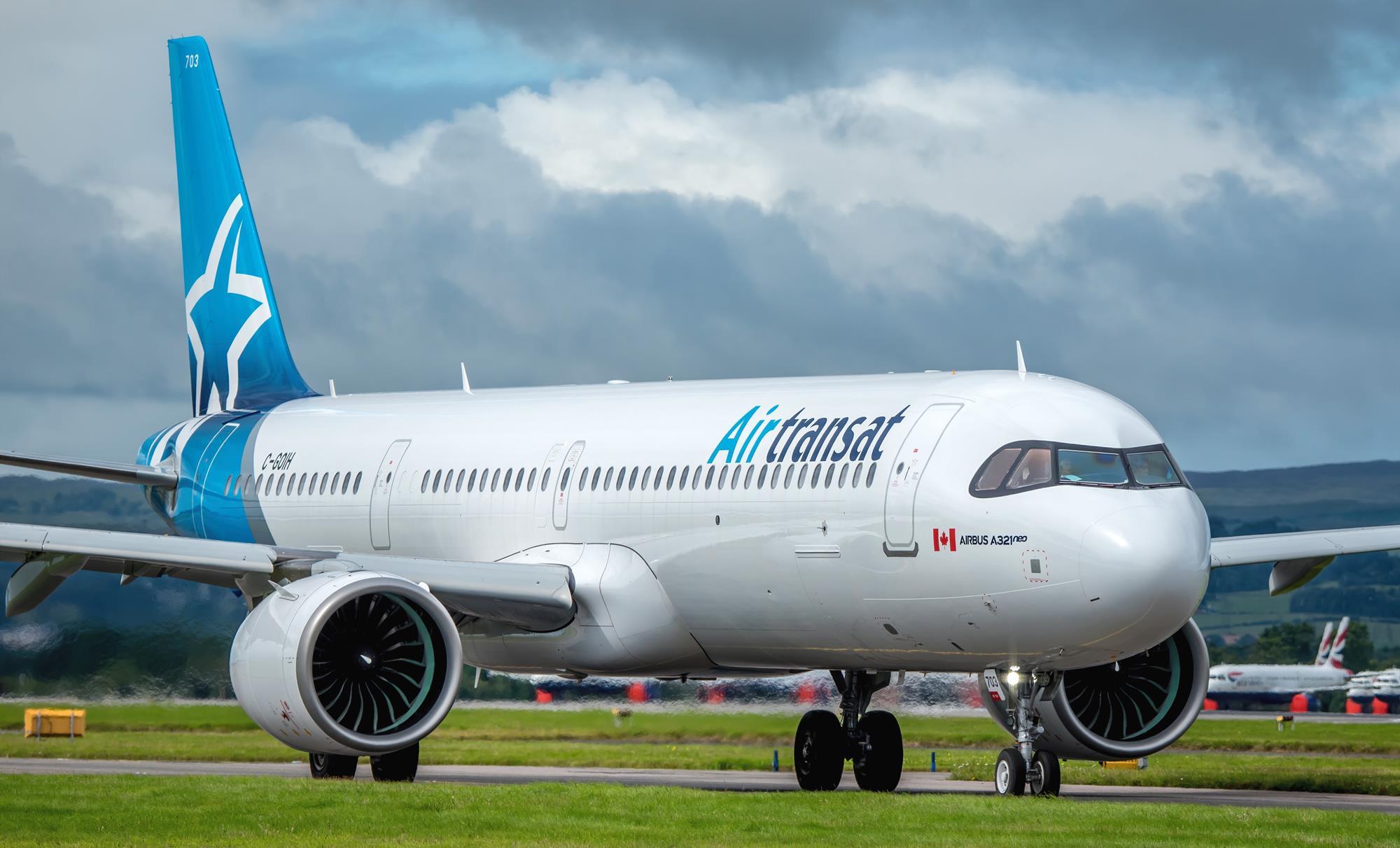
Nigerian Airlines Face High-Interest Rate Woes
The aviation industry in Nigeria is dealing with significant hurdles due to soaring interest rates, leaving the sector on precarious ground. Ado Sanusi, CEO of Aero Contractors, based at Lagos airport, has voiced his concerns to local media, highlighting the dire situation facing airlines and their suppliers.
A Struggling Industry
Sanusi emphasized the unsustainable financial burden placed on airlines due to the currently high numbers. He stated that many airlines would struggle to endure this high-interest atmosphere. “The cost of funding in this country is very high,” Sanusi noted. Such high costs are hindering growth within the aviation sector, risking the erasure of the benefits brought by the Cape Town Convention.
The Cape Town Convention aims to facilitate asset-based financing and leasing in aviation, which is an essential aspect of the industry’s expansion. However, with interest rates fluctuating between 33% and 35%, Sanusi fears these benefits are being undermined.
Impact on Airlines and Suppliers
The ramifications of this situation are considerable, affecting the operational capabilities of airlines and their financial sustainability. The exorbitant interest rates make it nearly impossible for airlines to borrow funds for expansion or maintenance while achieving profitability. According to Sanusi, the following challenges are being faced:
- Lack of access to affordable financing options
- Restrained capacity for fleet expansion
- Increased operational costs
- Possible threat to job security in the aviation sector
These obstacles create a negative ripple effect through the supply chain, affecting suppliers who rely on the business generated by a healthy aviation market.
Challenges for the Future
As the industry grapples with these financial pressures, the future of Nigerian airlines and their ability to compete on a global stage is uncertain. Industry experts argue that government intervention might be necessary to alleviate the financial strain and foster a more conducive environment for growth. Potential strategies include offering subsidized interest rates or creating policies that encourage foreign investment into the aviation sector.
The aviation industry’s health is crucial for Nigeria, a country with significant tourism and business travel prospects. Facilitating a more favorable environment for airlines could help unlock these opportunities and contribute to economic growth.
In a landscape dominated by such challenges, the call for reforms and strategic financial solutions has never been more urgent. Ensuring that airlines can access affordable financing is critical to safeguarding their future and the many jobs they support.
For further news and updates on the aviation industry, visit Scudrunners.com



